The Ultimate ’70s Rock Playlist, According to Billboard
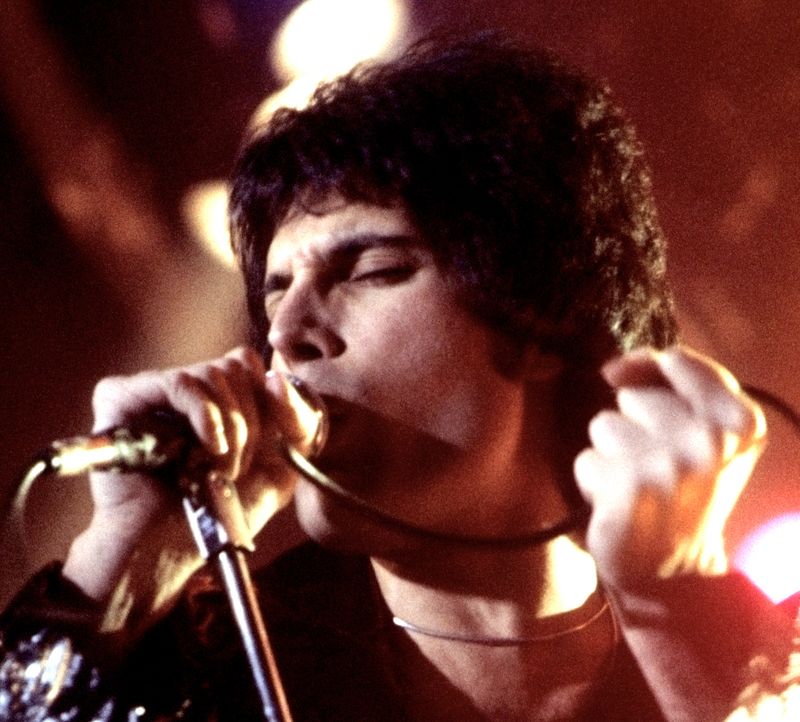
The 1970s brought us some of the most iconic rock songs of all time. From stadium anthems to mellow classics, this decade gave birth to bands and tracks that shaped music forever. Grab your headphones and join us as we explore the ultimate ’70s rock playlist, featuring chart-topping hits that Billboard ranked as the best of the era.
1. Hotel California – Eagles

This mysterious masterpiece captivated listeners with its enigmatic lyrics and unforgettable guitar solo. Released in 1976, it topped the charts and became the Eagles’ signature song.
The track’s haunting melody tells the story of a luxurious hotel where “you can check out anytime you like, but you can never leave.” Many fans have debated its meaning for decades.
With Don Felder and Joe Walsh’s legendary dual guitar work during the extended outro, Hotel California remains one of rock’s most analyzed and beloved compositions, selling over 32 million copies worldwide.
2. Bohemian Rhapsody – Queen
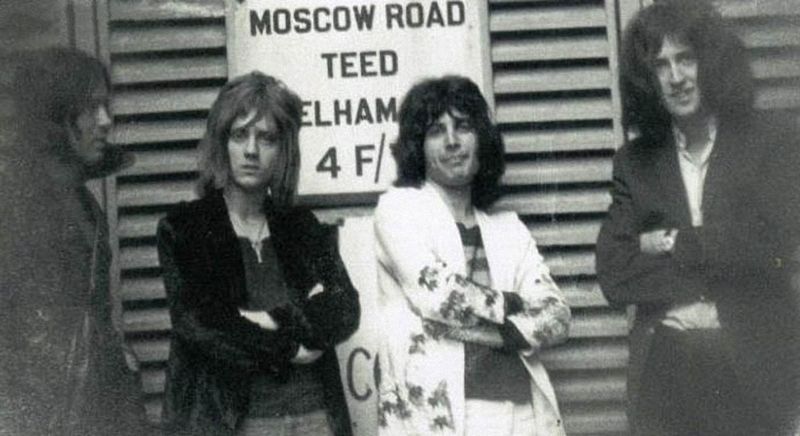
Nothing screams ’70s rock innovation like Freddie Mercury’s operatic masterpiece. Released in 1975, this six-minute epic broke all conventional rules of pop music with its blend of ballad, opera, and hard rock sections.
Mercury wrote most of the song at his piano, creating what would become Queen’s defining anthem. The band spent three weeks recording it, using 180 separate overdubs for the opera section alone.
Without a traditional chorus and featuring sections in both English and gibberish, Bohemian Rhapsody defied radio formatting yet became one of the most played songs in broadcasting history.
3. Sweet Home Alabama – Lynyrd Skynyrd
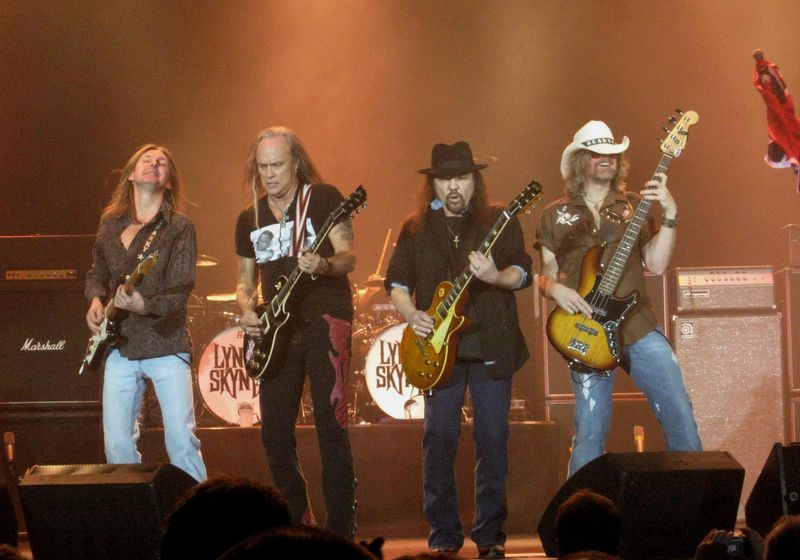
Southern rock found its anthem when Lynyrd Skynyrd released this defiant response to Neil Young’s “Southern Man” in 1974. The instantly recognizable guitar intro has launched countless air guitar performances across generations.
Ironically, none of the three writers of this Southern pride anthem were actually from Alabama. The song’s catchy melody and straightforward lyrics celebrating the Southern way of life resonated far beyond regional boundaries.
Despite controversy over some of its political references, Sweet Home Alabama’s infectious rhythm and memorable guitar work cemented its place in rock history as the ultimate Southern rock standard.
4. Dream On – Aerosmith

Before becoming the “Bad Boys from Boston,” Aerosmith created this power ballad that showcased Steven Tyler’s incredible vocal range. Written when Tyler was just 17, the song’s themes of aging and reflection seem remarkably mature for such a young songwriter.
Released in 1973, Dream On initially peaked at #59 but found greater success when re-released in 1976, reaching #6 on Billboard. The track features Tyler’s distinctive transition from a gentle, almost whispered delivery to his trademark high-pitched screams.
Many fans were shocked to discover the screaming voice and gentle vocals were from the same person, establishing Aerosmith’s reputation for emotional range and vocal prowess.
5. Stairway to Heaven – Led Zeppelin
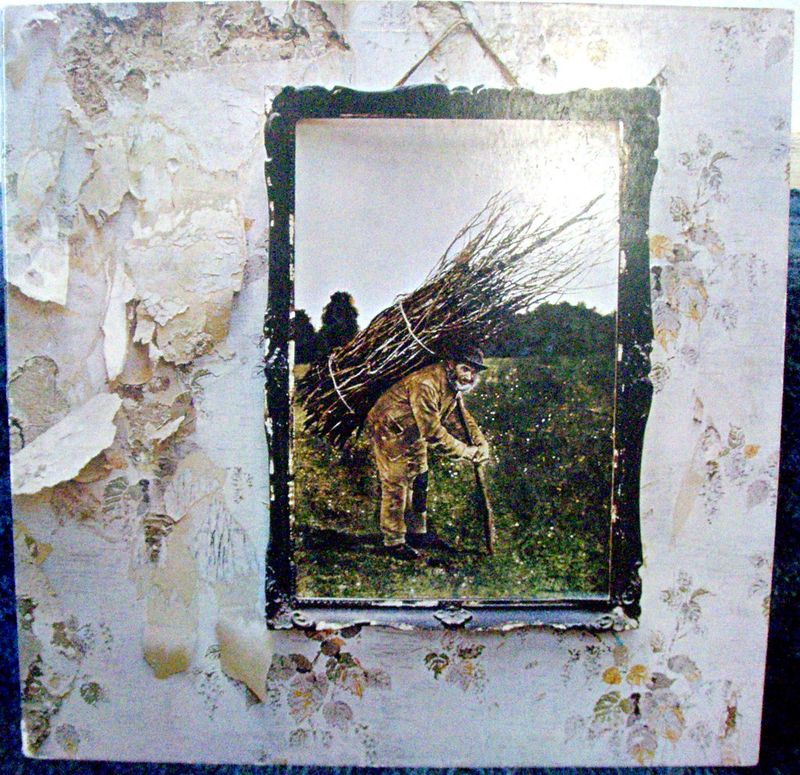
Rock’s most iconic eight minutes began with Jimmy Page’s delicate fingerpicked guitar and ended with one of music’s greatest solos. Created in 1971, this Led Zeppelin epic gradually builds from a gentle folk melody to a hard rock crescendo.
Robert Plant wrote the mystical lyrics in a single sitting, drawing inspiration from the books he was reading about Welsh mythology and nature. The song was never released as a single yet became the most requested radio track of the decade.
Despite controversy over alleged similarities to Spirit’s “Taurus,” Stairway to Heaven’s complex structure and emotional journey represent the perfect blend of Led Zeppelin’s folk and hard rock influences.
6. Another Brick in the Wall (Part II) – Pink Floyd
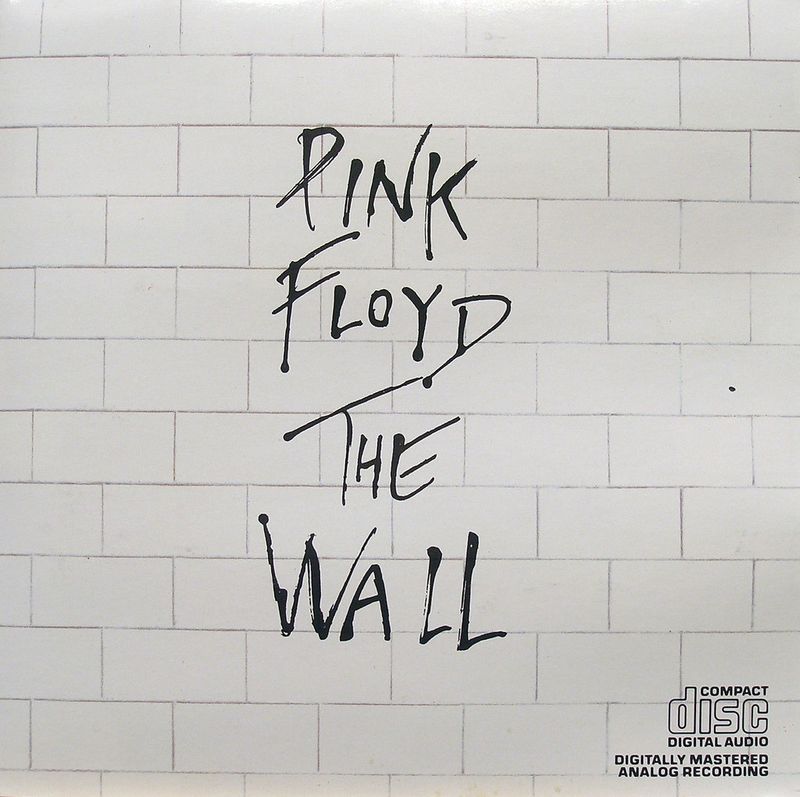
“We don’t need no education” became the rallying cry for rebellious students everywhere when Pink Floyd released this protest anthem in 1979. The track’s distinctive disco beat came from producer Bob Ezrin, who convinced the reluctant band to adopt the danceable rhythm.
The children’s choir that gives the song its powerful chorus came from Islington Green School in London. Many of the students didn’t receive permission from their parents to participate, creating controversy when the song became a worldwide hit.
As part of Pink Floyd’s concept album “The Wall,” this track stood alone as a #1 single while maintaining its place in the larger narrative about isolation and institutional control.
7. Go Your Own Way – Fleetwood Mac
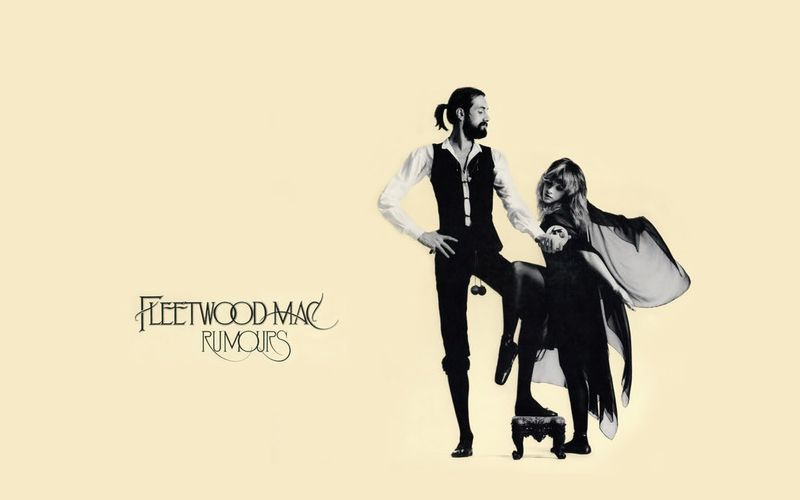
Relationship drama never sounded so good! Lindsey Buckingham wrote this track about his deteriorating relationship with bandmate Stevie Nicks, creating the awkward situation of her having to sing backup on a song criticizing her.
Released in 1976 on the landmark “Rumours” album, the song’s catchy chorus and driving rhythm made it a radio favorite despite its bitter origins. Buckingham’s intricate guitar work and passionate vocals perfectly captured the frustration of a failing romance.
Mick Fleetwood’s distinctive drumming pattern, with its unusual emphasis on the third beat, gives the song its propulsive energy, making heartbreak sound surprisingly uplifting and anthemic.
8. Baba O’Riley – The Who
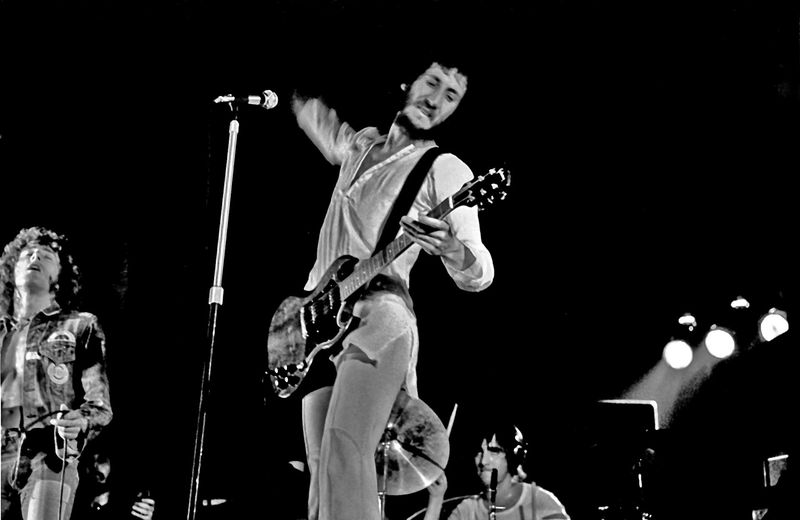
Often mistakenly called “Teenage Wasteland,” this 1971 Who classic features one of rock’s most recognizable synthesizer intros. Pete Townshend programmed the hypnotic pattern on an ARP synthesizer as a tribute to minimalist composer Terry Riley.
The song title combines the names of Townshend’s spiritual guru Meher Baba and Terry Riley. Originally intended for Townshend’s abandoned “Lifehouse” rock opera, it found a home on “Who’s Next” and became one of the band’s signature songs.
Keith Moon’s explosive drumming and Roger Daltrey’s powerful vocals create a perfect tension with the song’s electronic elements, culminating in a frenzied violin solo that brings the track to its climactic finish.
9. Black Dog – Led Zeppelin
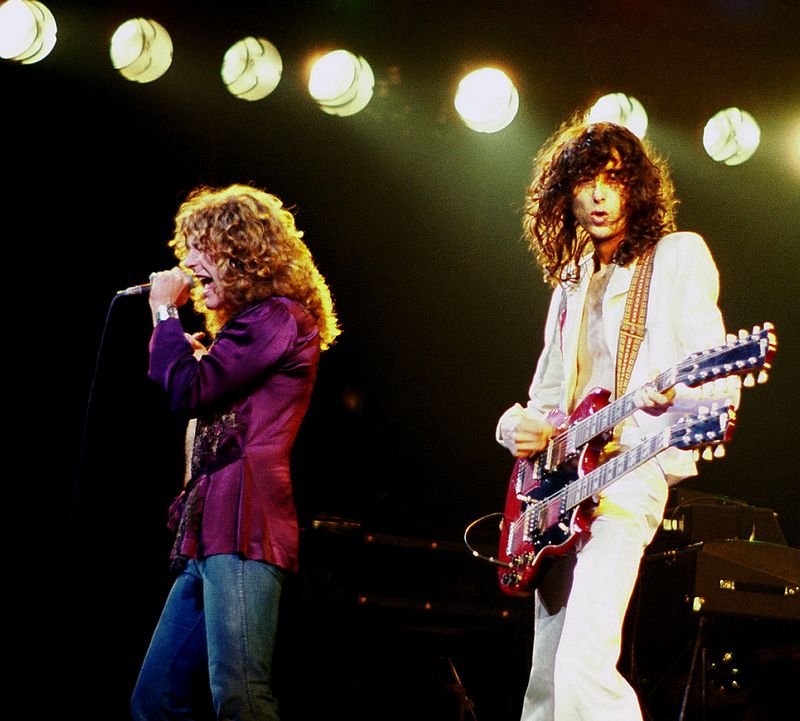
Named after a black Labrador that wandered around the recording studio, this Led Zeppelin track showcases the band’s blues influences with a modern hard rock twist. The song’s complex timing and call-and-response structure between Robert Plant’s vocals and Jimmy Page’s guitar riffs make it notoriously difficult to perform.
John Paul Jones created the song’s intricate rhythm pattern specifically to prevent audiences from clapping along during live performances. The band recorded at Headley Grange using the Rolling Stones’ mobile studio, capturing the raw energy that made it a standout track on Led Zeppelin IV.
Plant’s opening line “Hey hey mama said the way you move” established the song’s swagger and sexual energy from the first seconds.
10. American Pie – Don McLean
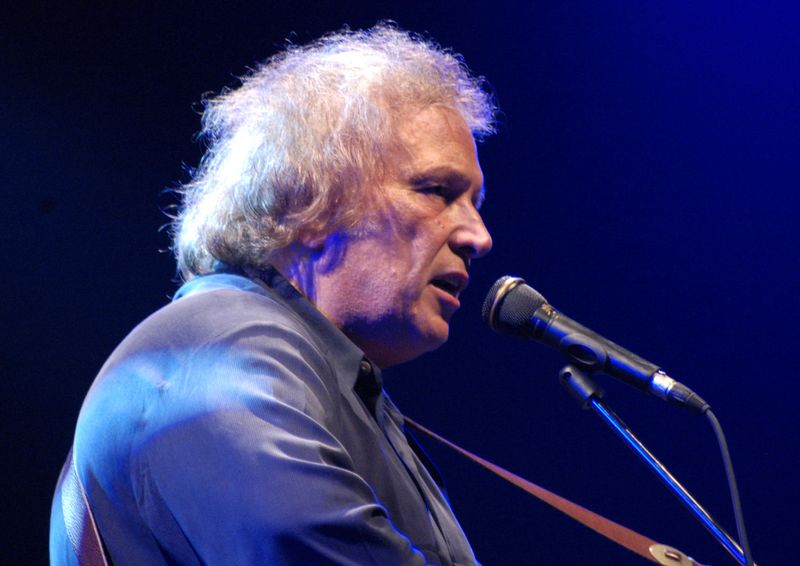
Eight and a half minutes of musical poetry captured America’s changing cultural landscape when Don McLean released this epic in 1971. The song’s famous opening references “the day the music died” – February 3, 1959, when Buddy Holly, Ritchie Valens, and The Big Bopper died in a plane crash.
McLean’s cryptic lyrics have been analyzed for decades, with references to Elvis, Bob Dylan, The Beatles, and the Rolling Stones woven throughout. The original manuscript sold at auction for $1.2 million in 2015, showing its cultural significance.
Despite its length, radio stations played the full version, helping it reach #1 for four weeks and cementing its place as one of the most significant musical narratives of the rock era.
11. Smoke on the Water – Deep Purple
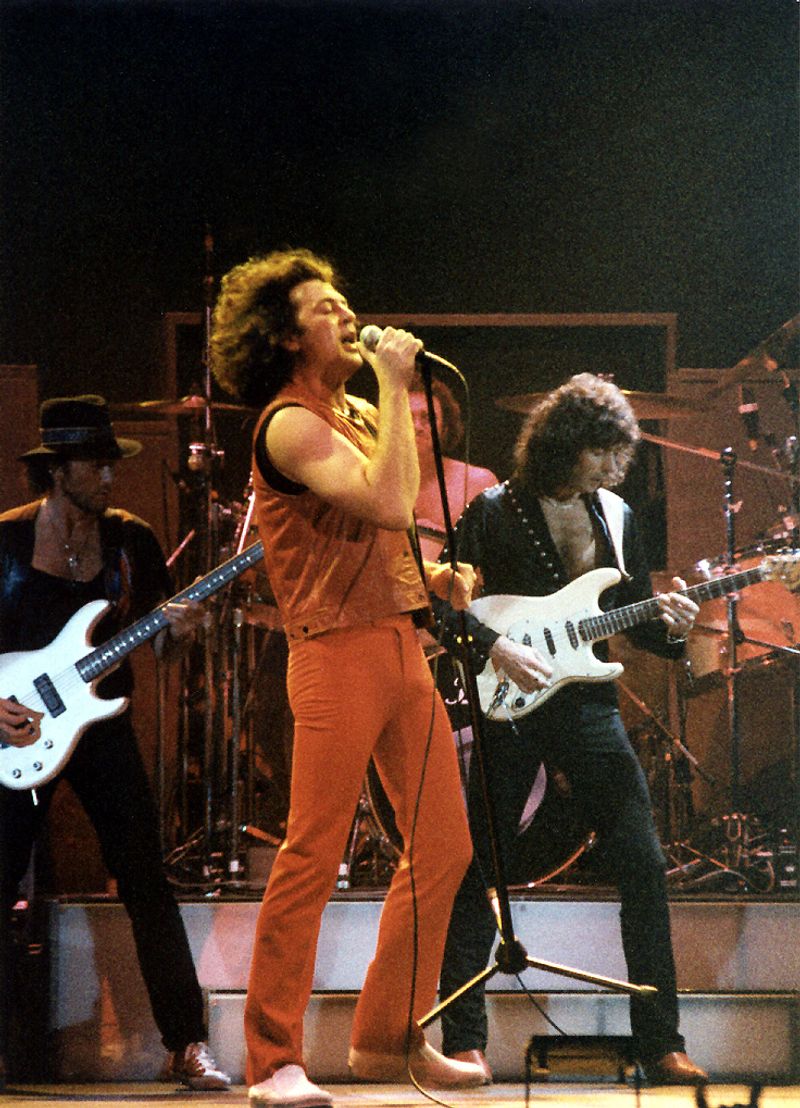
Guitar students everywhere learned to play that riff – the four-note blues scale pattern that launched Deep Purple’s biggest hit. Based on a true story, the lyrics describe watching the Montreux Casino burn down during a Frank Zappa concert after a fan fired a flare gun into the ceiling.
Recorded in 1972, the band created the track in a mobile studio they set up in an empty hotel. The song’s title came from bassist Roger Glover, who dreamed it after watching smoke from the fire drift across Lake Geneva.
While casual listeners know only the iconic guitar riff, the complete track features extended instrumental sections showcasing the virtuoso talents of guitarist Ritchie Blackmore and keyboardist Jon Lord.
12. Free Bird – Lynyrd Skynyrd
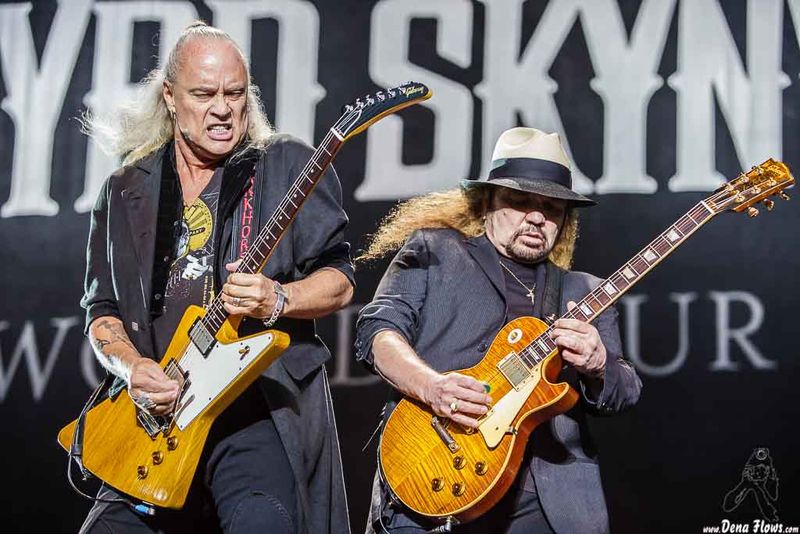
“Play Free Bird!” became the ultimate concert request thanks to this Southern rock epic with its legendary guitar solo. Initially just a ballad written by Allen Collins, the song transformed when Ronnie Van Zant suggested adding the up-tempo section that would become its signature.
Released in 1973, the track’s emotional lyrics about a man unwilling to change his free-spirited nature resonated with audiences. The studio version features five minutes of guitar solos, while live versions often extended to over 14 minutes.
Tragically, the song gained additional poignancy after the 1977 plane crash that killed Van Zant and other band members, becoming both their signature song and an unintended memorial to the original lineup.
13. More Than a Feeling – Boston
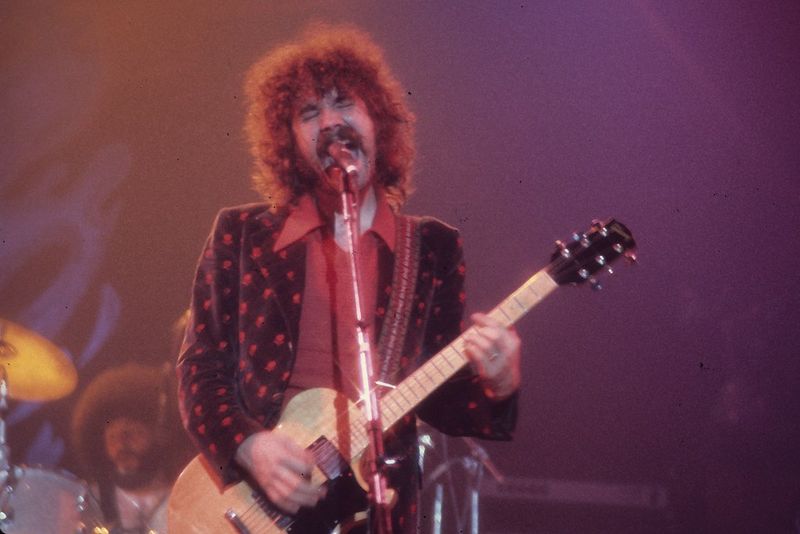
Tom Scholz spent five years perfecting this track in his basement studio before it launched Boston to stardom in 1976. An MIT graduate with a master’s degree in mechanical engineering, Scholz played nearly all the instruments himself, creating Boston’s distinctive layered guitar sound.
The song’s nostalgic lyrics about a man haunted by memories of a lost love connected emotionally with listeners. Its powerful chorus and soaring guitar melodies helped Boston’s debut album sell over 17 million copies, becoming the best-selling debut album in U.S. history at that time.
Nirvana later acknowledged the similarities between this track and “Smells Like Teen Spirit,” showing its lasting influence across rock generations.
14. Maggie May – Rod Stewart

Rod Stewart’s raspy voice perfectly captured the bittersweet tale of a young man’s affair with an older woman in this 1971 hit. Originally recorded as a B-side, radio DJs preferred it to the A-side, propelling it to #1 on both US and UK charts.
Stewart and Martin Quittenton wrote the song in just 30 minutes, drawing from Stewart’s real teenage experience. The mandolin intro, performed by Ray Jackson of Lindisfarne, became one of rock’s most recognizable acoustic openings, though Jackson was initially paid just £15 for his contribution.
The song’s relatable story about a relationship with complicated power dynamics helped establish Stewart as a solo star separate from his work with Faces.
15. Brown Sugar – The Rolling Stones
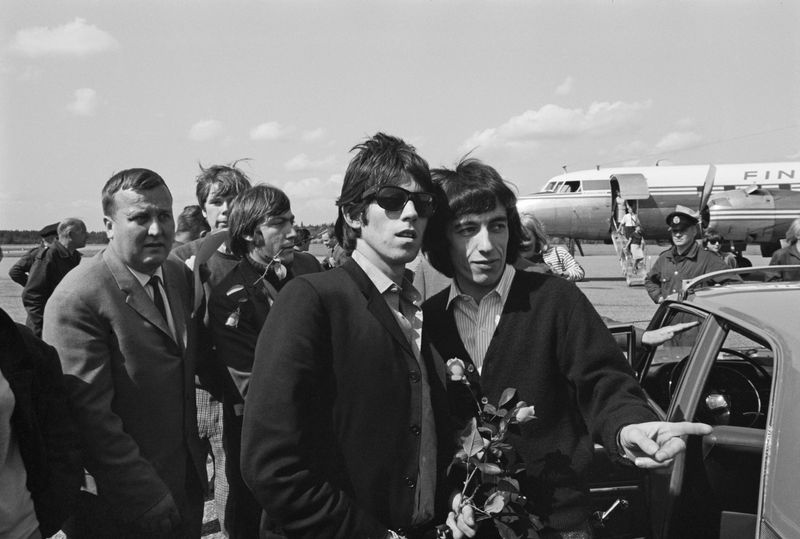
Mick Jagger wrote this controversial rocker while filming “Ned Kelly” in Australia in 1969, though it wasn’t released until 1971. The opening track of the Stones’ “Sticky Fingers” album features one of Keith Richards’ most recognizable guitar riffs and became an immediate concert favorite.
Despite its catchy melody, the lyrics address slavery, interracial sex, and other taboo subjects that have made the song increasingly controversial over time. The Stones themselves have acknowledged the problematic nature of the lyrics, eventually dropping it from their setlists in 2021.
Saxophonist Bobby Keys provided the memorable solo that complemented the driving rhythm section of Charlie Watts and Bill Wyman, creating the perfect rock and roll cocktail.

Comments
Loading…